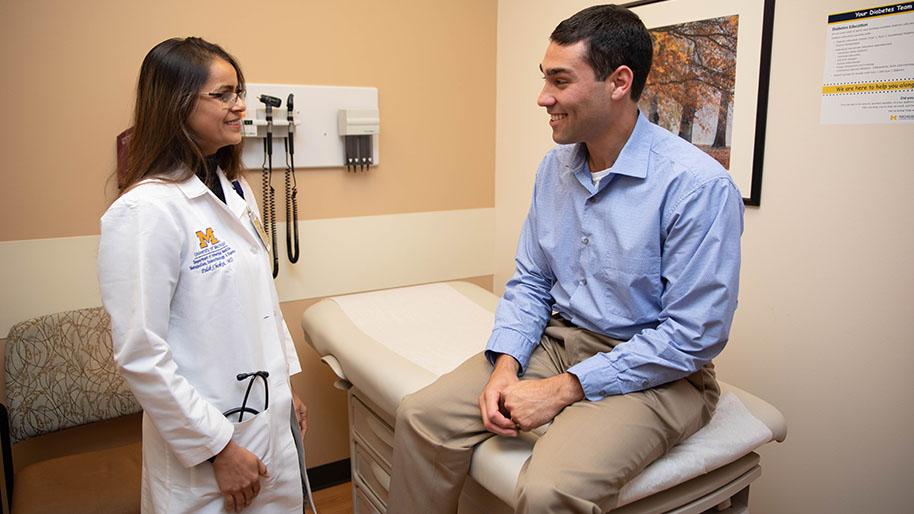Plano The Riegel Center Diabetes is a chronic disease that affects millions of people worldwide. It is a metabolic disorder characterized by high blood sugar levels, either due to the body’s inability to produce enough insulin or its inability to use it properly. Endocrinology and metabolism specialists play a pivotal role in the management of diabetes. These specialists are trained in diagnosing, treating, and managing endocrine disorders, including diabetes.
Diagnosing Diabetes
The first step in managing diabetes is to diagnose the condition accurately. Endocrinologists use a combination of blood tests, physical examinations, and medical history to diagnose diabetes. The blood tests used to diagnose diabetes include fasting plasma glucose (FPG), oral glucose tolerance test (OGTT), and hemoglobin A1C (HbA1C) test. These tests measure the amount of glucose in the blood and provide an accurate diagnosis of diabetes.
Treating Diabetes
Once a patient is diagnosed with diabetes, endocrinologists use a combination of medication, lifestyle changes, and education to manage the condition. Medications used to treat diabetes include insulin, oral hypoglycemic agents, and other medications that help manage diabetes complications. Lifestyle changes are also an essential part of managing diabetes. Endocrinologists work with their patients to develop a comprehensive plan that includes proper nutrition, regular exercise, and stress management techniques. Education is also an essential component of diabetes management. Endocrinologists educate their patients on how to monitor their blood sugar, recognize the signs and symptoms of hypoglycemia and hyperglycemia, and how to manage diabetes-related complications.
Managing Diabetes-related complications
Diabetes can lead to complications if left untreated or poorly managed. Endocrinologists are trained to recognize and manage diabetes-related complications. Some of the common complications associated with diabetes include neuropathy, nephropathy, retinopathy, and cardiovascular disease. Endocrinologists work with their patients to prevent these complications by closely monitoring their blood sugar levels, blood pressure, and cholesterol levels.
Collaboration with other healthcare professionals
Endocrinologists work in collaboration with other healthcare professionals to manage diabetes. They work closely with primary care physicians, registered dietitians, certified diabetes educators, and other specialists to provide comprehensive care to their patients. This collaborative approach ensures that patients receive the best possible care and support in managing their diabetes. In conclusion, endocrinology and metabolism specialists play a crucial role in managing diabetes. They use a combination of medication, lifestyle changes, and education to manage diabetes and prevent complications. Endocrinologists work in collaboration with other healthcare professionals to provide comprehensive care to their patients. If you have been diagnosed with diabetes, it is essential to seek the advice of an endocrinologist to manage the condition effectively.





